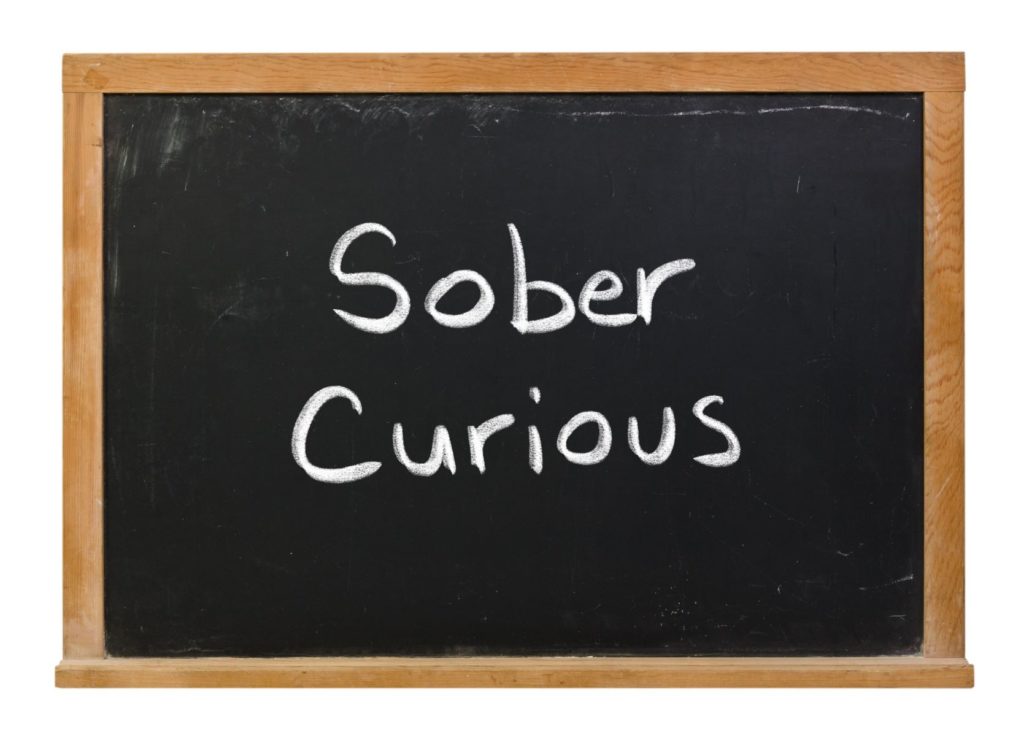The stages of recovery are often described below:
- Pre-contemplative
- Contemplative
- Preparation
- Action
- Maintenance
1. Pre-contemplative:
An individual doesn’t see chemical use as problematic, and has no interest in in trying to achieve sobriety.
2. Contemplative:
In this stage, an individual may start to verbalize some problems with chemical use, and say things like “I should start to cut back, maybe my drinking is causing adverse effects in my life.”
This is the most common stage and can last the longest. As admitting this will go against the addicted mind set.
This is a good stage to be in, as you are starting to look inwardly and this will no doubt prompt change.
3. Preparation:
In the preparation stage, an individual starts to develop a state of mind and a plan begin a recovery from addiction.
For example, they might start thinking about going to AA meetings and will research AA. They might even start researching addiction, and ways to be sober.
The key with preparation is that an individual’s starts to recognize there is a problem, and will start to show behavioral efforts to make change.
4. Action:
Action stage has a primary focus of putting all the above mentioned stages into action. This stage will be the longest stage.
This is because the above stages are fluid, and nonlinear. Therefore, it is completely normal for someone to experience fluctuations in all stages above. This is what can lead to relapses, and difficulty maintaining consistent behavioral commitment.
5. Maintenance:
In this last state, the individual has started the process of making that consistent change, and will be committed to long term change.
These people in recovery from drug and alcohol addiction may also continue to attend support groups to stay sober.
These stages of change can also be applied to family members of addicts and alcoholics.
